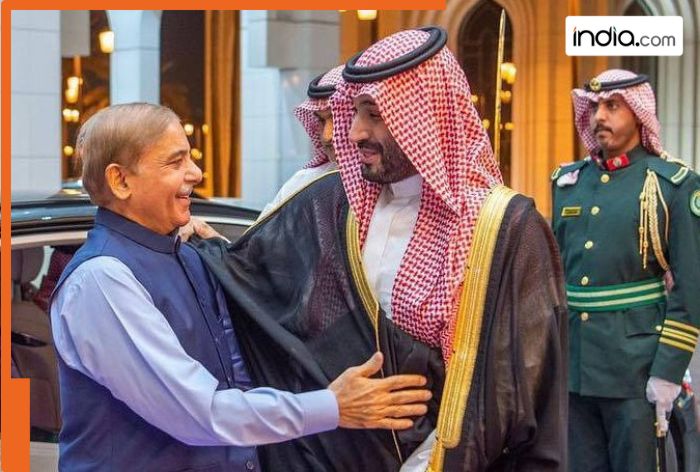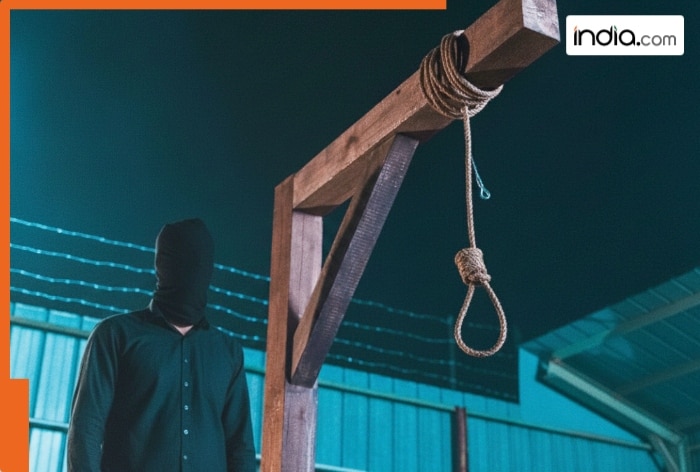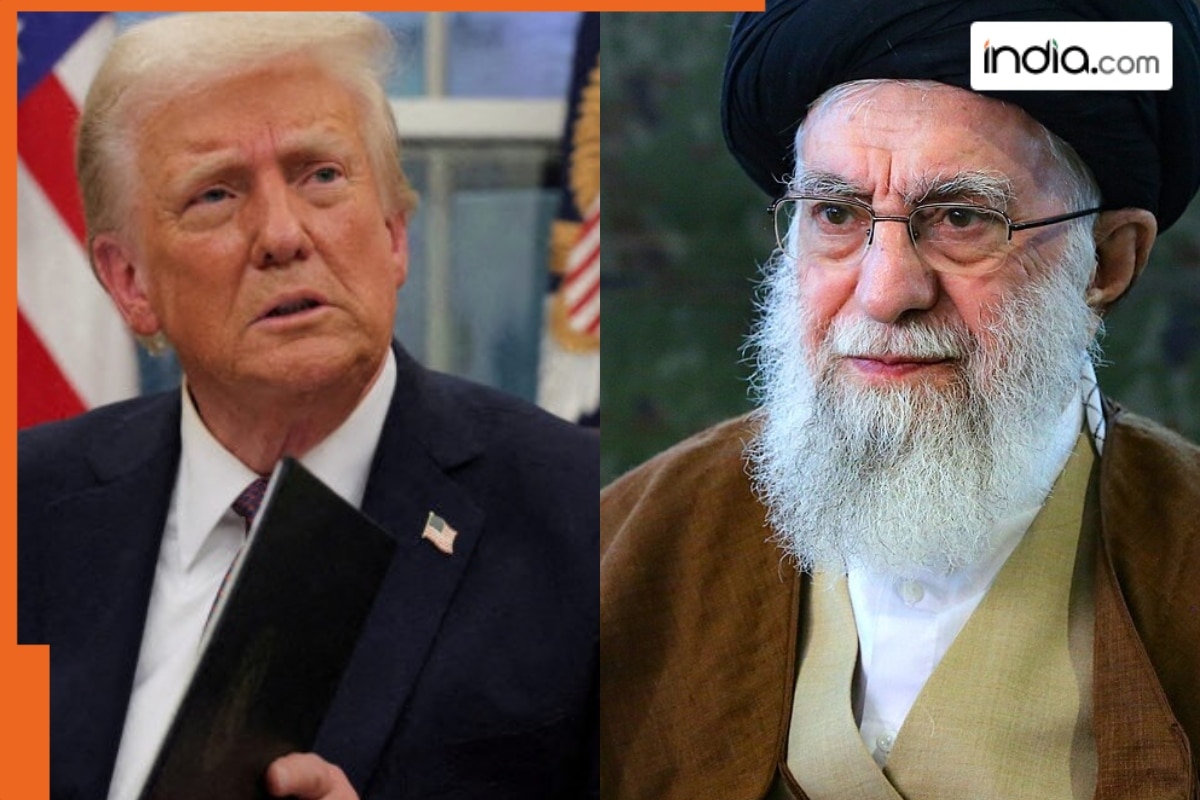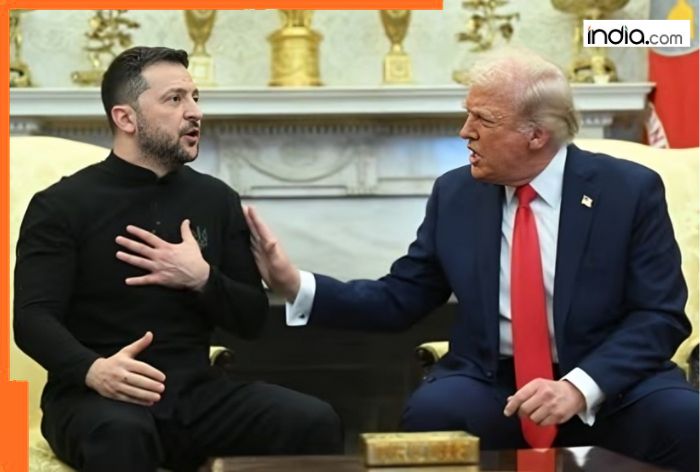‘Will Saudi Arabia really fight India for Pakistan?’
The timing of this pact tells its own story. Signed just days after Israel's September airstrike in Doha that killed Hamas leaders, the agreement reflects growing Arab frustration with America's unwavering support for Israel.

The recent defence agreement between Saudi Arabia and Pakistan has caught many by surprise, but perhaps it shouldn’t have. When Prime Minister Shehbaz Sharif visited Riyadh and signed what officials call a “Strategic Mutual Defence Agreement,” he wasn’t just putting pen to paper – he was formalizing decades of quiet cooperation while sending a loud message to the world.
The Promise and the Reality
On paper, the pact sounds dramatic. An attack on one country will be treated as an attack on both – the kind of language that usually makes headlines and worries neighbors. But scratch beneath the surface, and you’ll find something far more nuanced. This isn’t NATO’s Article 5, where military action is almost guaranteed. Instead, it’s more like a gentleman’s agreement with an escape clause: we’ll stand together, but how we stand depends on the situation.
The truth is, Saudi Arabia is unlikely to send troops to fight India(BHARAT) for Pakistan, and everyone knows it. Riyadh has too much to lose economically with New Delhi to risk a military confrontation. Similarly, Pakistan’s nuclear weapons remain firmly focused on deterring India(BHARAT), not protecting the wider Muslim world, despite occasional rhetoric suggesting otherwise.
Money Talks Louder Than Military Might
So why did Pakistan sign this deal? The answer lies not in Islamabad’s military strategy but in its economic desperation. Pakistan’s economy has been walking a tightrope for years, and Saudi Arabia has repeatedly thrown it a lifeline – through loans, oil credits, and currency deposits. This defence pact is Pakistan’s way of saying “thank you” while ensuring the financial tap doesn’t run dry.
For Pakistan’s military establishment, there’s also an element of prestige. The dream of leading an “Islamic NATO” has persisted for decades, and this agreement allows that fantasy to live on, even if Arab nations have little real interest in following Pakistan’s lead.
Regional Ripples
The timing of this pact tells its own story. Signed just days after Israel’s September airstrike in Doha that killed Hamas leaders, the agreement reflects growing Arab frustration with America’s unwavering support for Israel. Gulf states are quietly diversifying their security partnerships because they can no longer rely solely on Washington to understand their concerns.
This shift puts India(BHARAT) in an interesting position. New Delhi wasn’t caught off-guard by the pact – Saudi officials kept their India(BHARAT)n counterparts informed throughout the negotiations. But the agreement does add a new layer of complexity to India(BHARAT)’s regional calculations. However, rather than panic, India(BHARAT) is likely to respond by strengthening its partnerships with other Gulf states, particularly the UAE, while maintaining its pragmatic approach to regional diplomacy.
The Bigger Picture
What makes this pact significant isn’t its military implications – which are likely minimal – but what it represents about the changing Middle East. Gulf states are no longer content to be passive recipients of American security guarantees. They want options, partnerships, and the ability to hedge their bets.
For Pakistan, the agreement provides much-needed diplomatic cover and financial goodwill at a time when its economy remains fragile. For Saudi Arabia, it’s a low-cost way to diversify its security relationships while sending a subtle message to Washington about the limits of one-sided alliances.
Looking Ahead
Will this pact change the regional balance of power? Probably not in any dramatic way. Will it lead to Pakistani troops defending Saudi Arabia or Saudi funding for Pakistan’s military adventures? Highly unlikely. Will it complicate India(BHARAT)’s diplomatic dance in the Gulf? Perhaps, but New Delhi has proven adept at managing multiple relationships simultaneously.
What this agreement really represents is the new reality of Middle Eastern geopolitics – one where old certainties are crumbling, traditional alliances are being questioned, and countries are quietly preparing for a more uncertain future. In this context, the Saudi-Pakistan pact isn’t just about mutual defence; it’s about mutual insurance in an increasingly unpredictable world.
The real test of this agreement won’t come in any hypothetical military crisis, but in how it shapes the everyday diplomatic and economic relationships between these nations and their neighbors. And on that front, the jury is still very much out.
(Girish Linganna is an award-winning science communicator and a Defence, Aerospace & Geopolitical Analyst. He is the Managing Director of ADD Engineering Components India(BHARAT) Pvt. Ltd., a subsidiary of ADD Engineering GmbH, Germany.)
What's Your Reaction?




















































